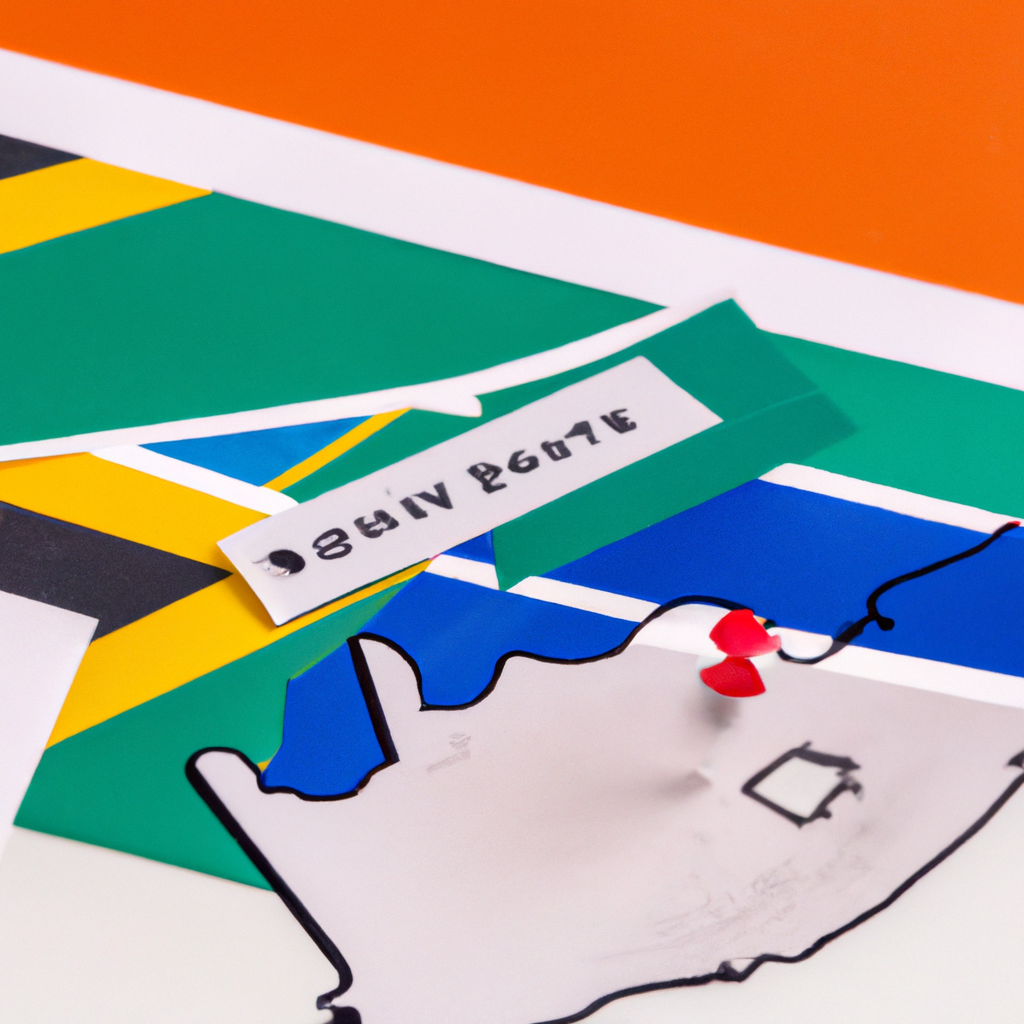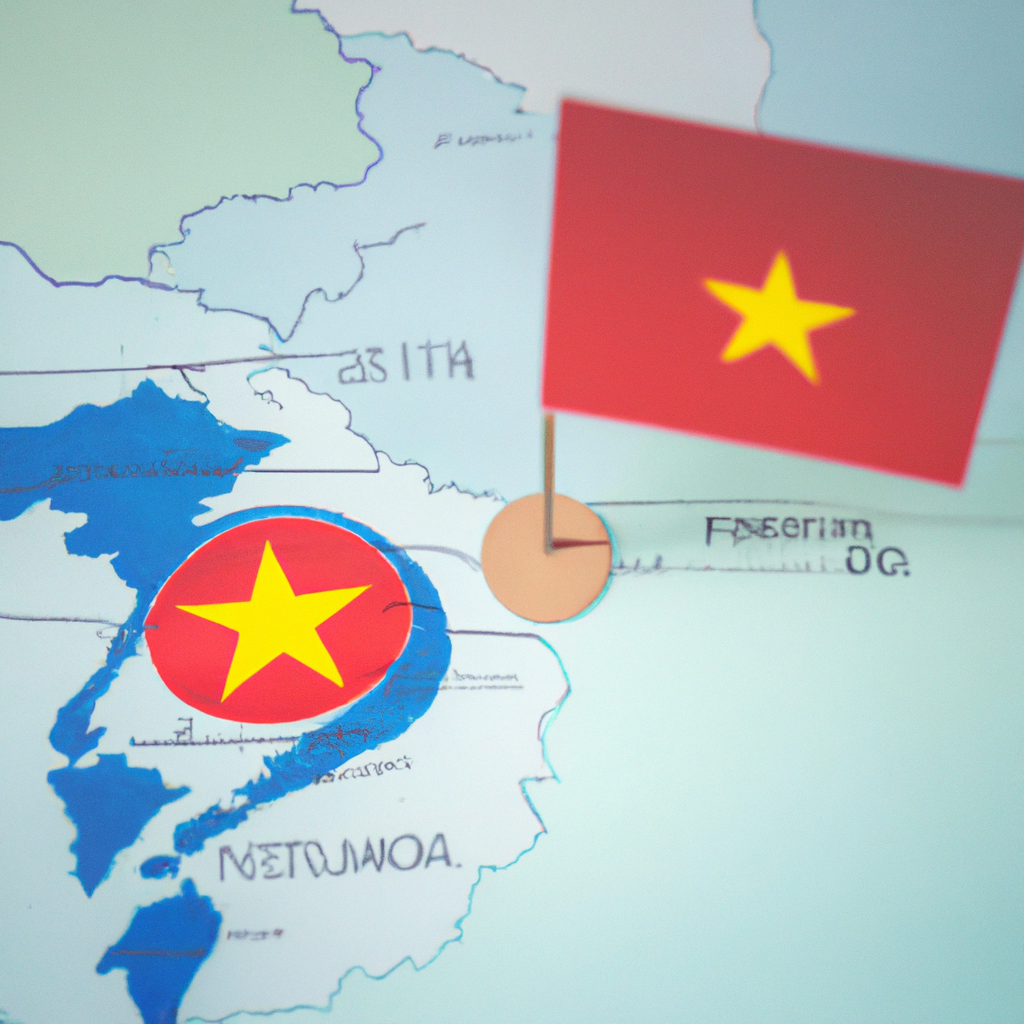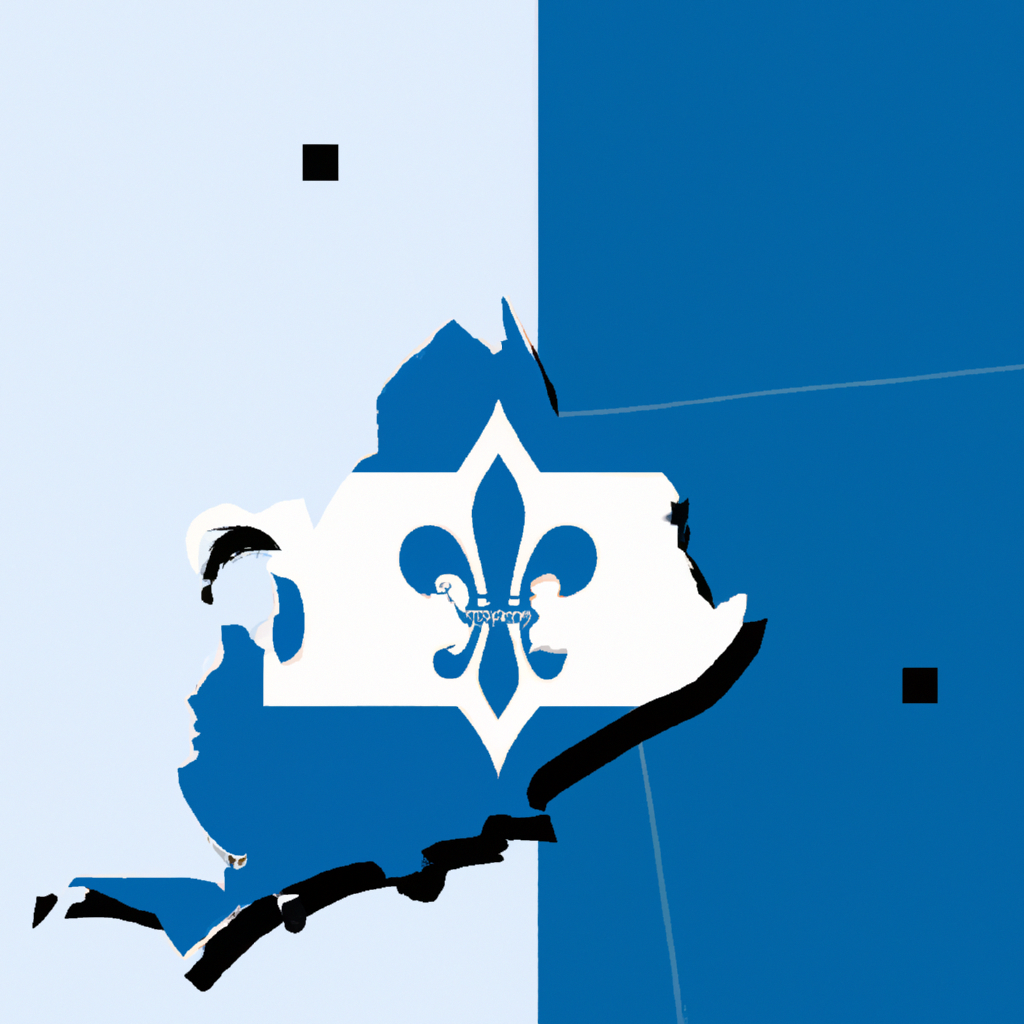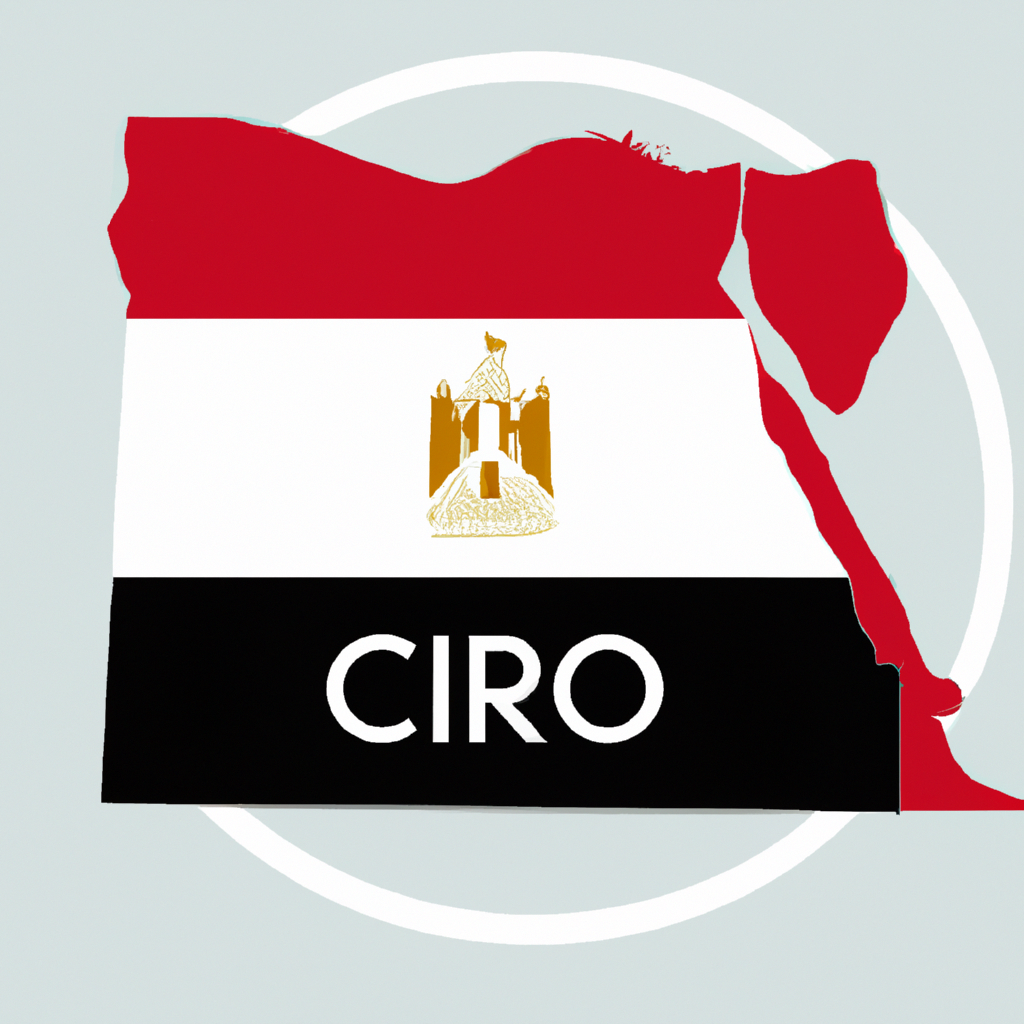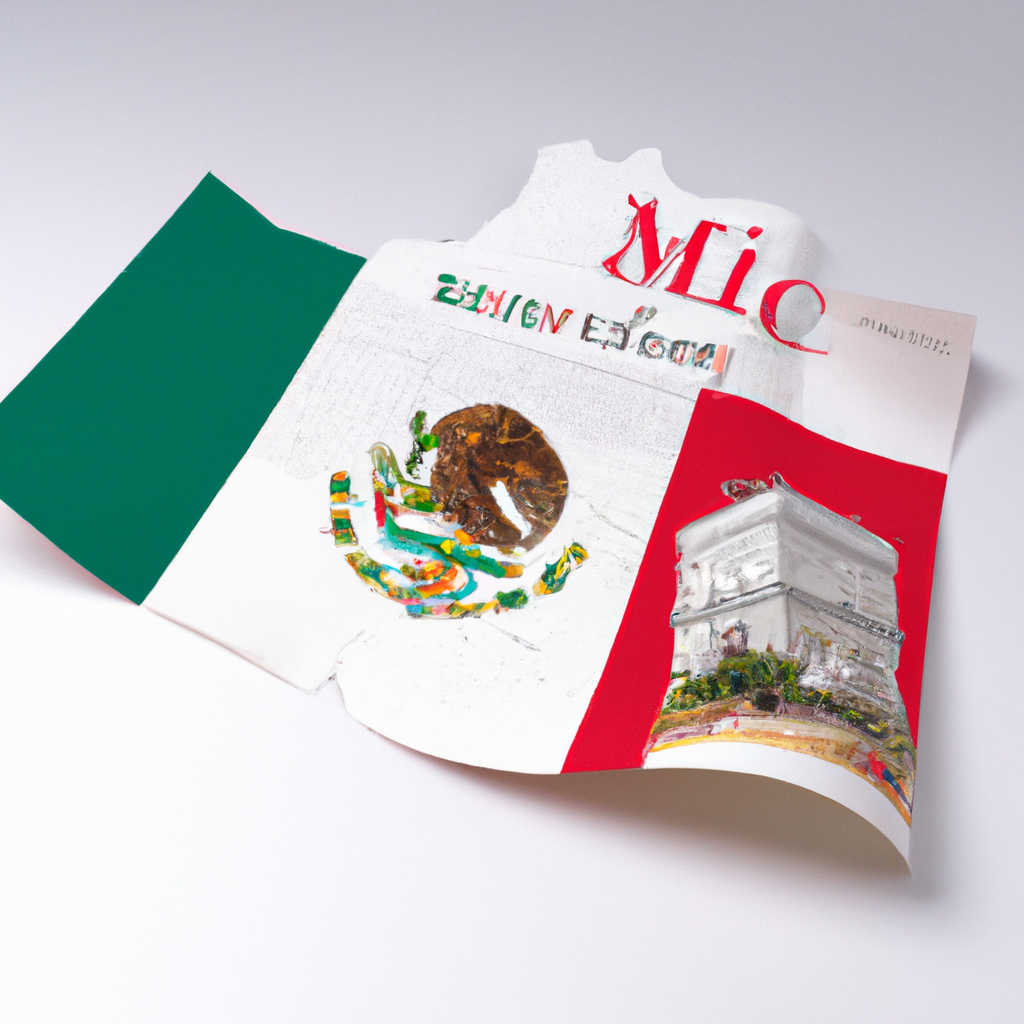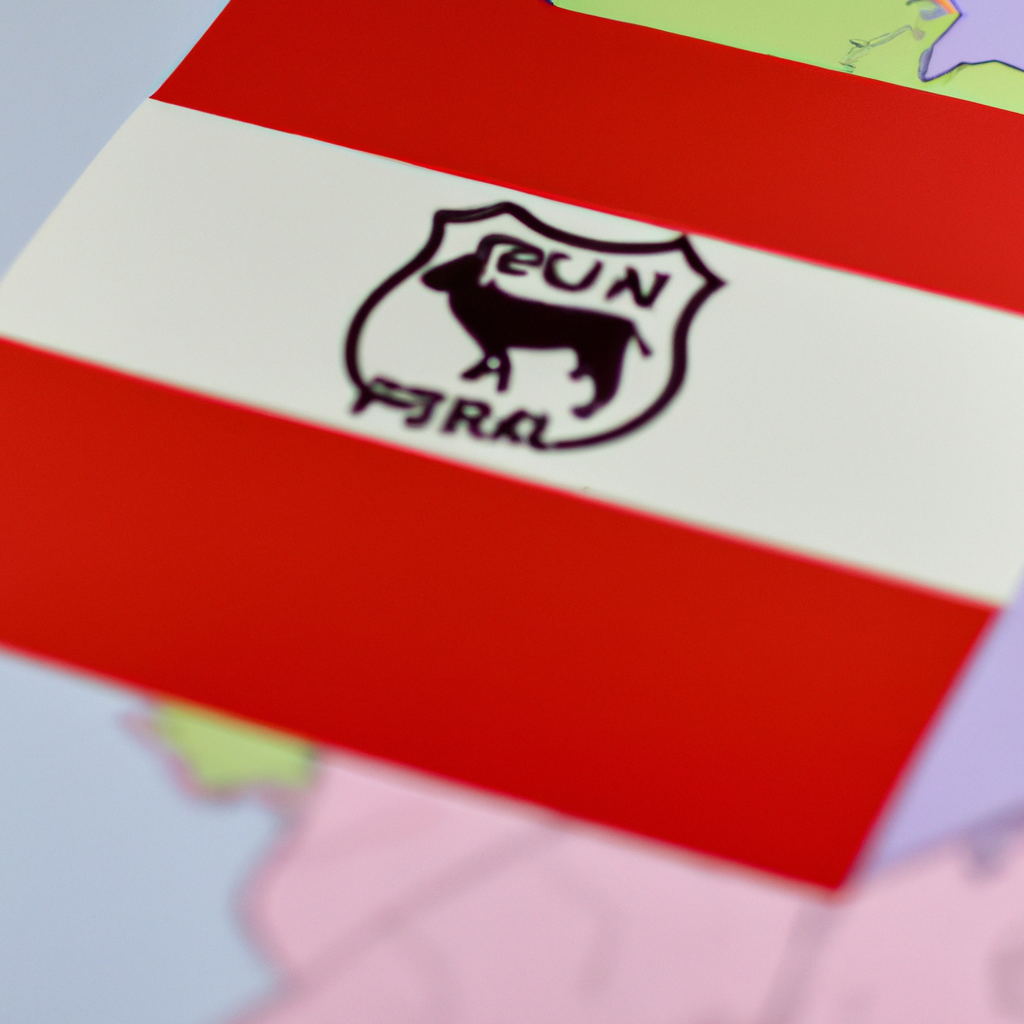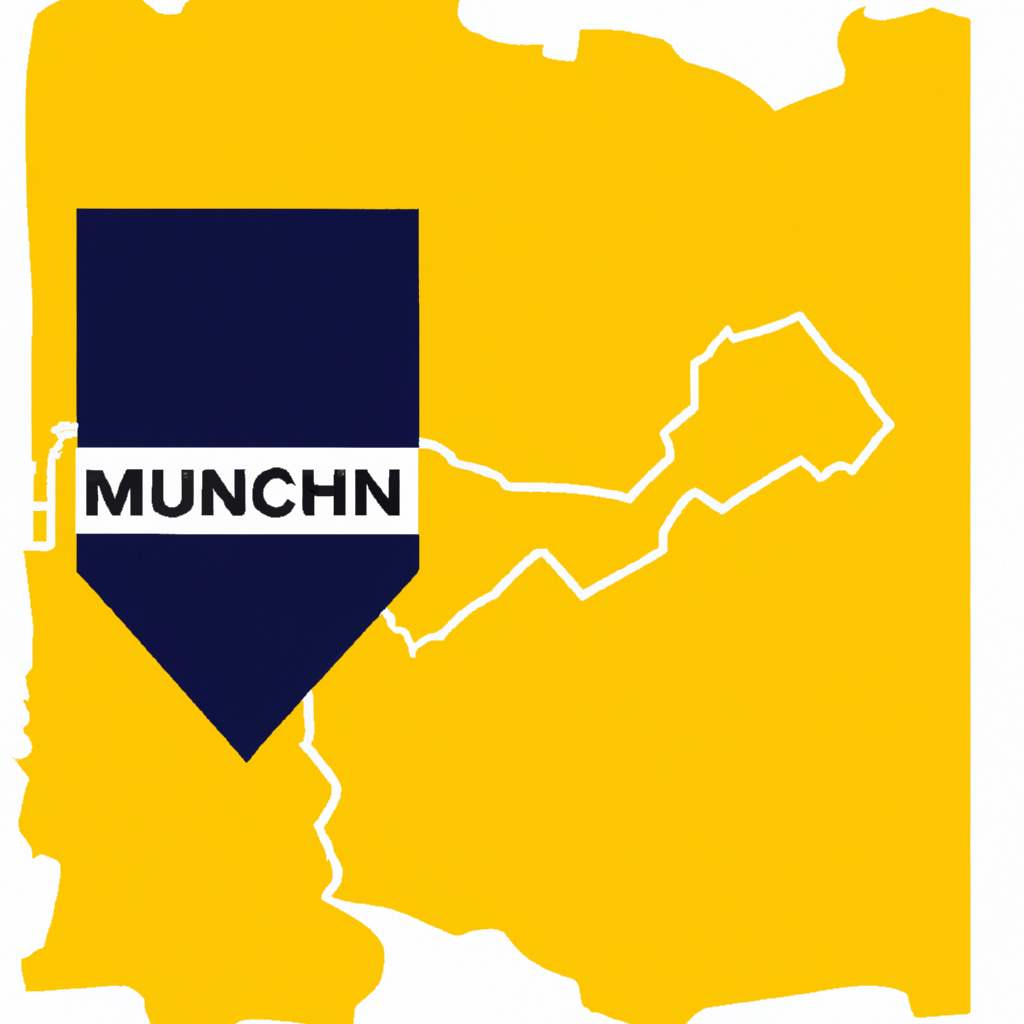Durban, South Africa: Interesting Facts,History, Things to do,Why to Visit
Post ByAdequate Travel
Durban, South Africa is a beautiful city with an interesting history and lots of different things to do. It's located on the east coast of South Africa, near the Indian Ocean, and has a population of 3.5 million people. Durban is known for its mild climate, great beaches, natural beauty, and African-influenced culture. It also offers a range of activities, from wildlife safaris to canoeing and sailing. Visitors who come to Durban will learn many interesting facts about South Africa's history and culture, as well as have the opportunity to explore all the exciting things the city has to offer. Whether you're looking for adventure or relaxation, Durban has something for every traveller.
South Africa is a country located in the southernmost part of the African continent. It has a diverse population and is known for its rich history, cultural heritage, and natural beauty. The country has a troubled past, having experienced colonialism, apartheid, and racial segregation. However, in 1994, it transitioned into a democratic nation with Nelson Mandela becoming its first black president.South Africa is renowned for its stunning landscapes, including the iconic Table Mountain in Cape Town and the vibrant wildlife in Kruger National Park. It is also home to a diverse range of plant and animal species, including the famous "Big Five" – lion, leopard, elephant, rhino, and buffalo.The economy of South Africa is the second-largest in Africa, with a mix of agricultural, mining, manufacturing, and service industries. However, it faces significant challenges such as high unemployment rates, income inequality, and poverty.The country is also known for its successful sports teams, including the national rugby and cricket teams. It hosted the FIFA World Cup in 2010, showcasing its ability to organize large-scale international events.Despite its achievements, South Africa continues to grapple with social issues such as crime, corruption, and ongoing racial tensions. However, it remains a popular tourist destination and draws visitors from around the world to experience its diverse culture, breathtaking scenery, and historical landmarks.south-africa tourist attractions offer a diverse range of experiences for every traveler.
Interesting facts
1. Diverse Wildlife:
South Africa is home to a variety of wildlife species, including the famous Big Five (lion, elephant, leopard, rhinoceros, and buffalo). The country's national parks and private game reserves offer opportunities for visitors to see these animals up close in their natural habitat. For example, Kruger National Park is renowned for its diverse range of wildlife, including over 500 bird species and over 140 large mammal species.
2. Table Mountain:
Table Mountain is a prominent landmark in Cape Town, South Africa's legislative capital, and one of the New Seven Wonders of Nature. It gets its name from its flat top, which resembles a table. Visitors can hike or use the cableway to reach the summit, where breathtaking panoramic views of Cape Town and the surrounding areas can be enjoyed. Table Mountain is also home to unique flora, including several endemic species.
3. Robben Island:
Robben Island, located off the coast of Cape Town, is a UNESCO World Heritage Site and a symbol of South Africa's struggle against apartheid. The island served as a political prison for several decades, with Nelson Mandela being one of its most famous inmates. Today, visitors can take guided tours to learn about the island's history and visit Mandela's former prison cell.
4. Apartheid Museum:
The Apartheid Museum in Johannesburg provides a comprehensive overview of South Africa's history of racial segregation and oppression. Through various exhibits and multimedia displays, visitors can gain insights into the apartheid era and its impact on the country. The museum offers a powerful and educational experience in understanding South Africa's journey towards democracy and reconciliation.
5. Wine regions:
South Africa is renowned for its wine production, with several world-class wine regions. The Western Cape, particularly the areas of Stellenbosch, Franschhoek, and Paarl, is known for its vineyards and wineries. Visitors can explore wine estates, participate in wine tastings, and learn about the winemaking process. The Cape Winelands offer picturesque landscapes and a chance to sample award-winning wines.
From museums to parks,south-africa tourist attractions offer something for everyone, making it a versatile destination for all type of tourists.History of South Africa
Early History:
The history of South Africa dates back to at least 100,000 years ago when San and Khoekhoe people, the indigenous hunter-gatherer tribes, inhabited the region. They were eventually displaced by Bantu-speaking tribes who migrated from West Africa around 2,000 years ago. The Bantu people established powerful kingdoms, such as the Zulu and Xhosa.
European Colonization:
In 1652, the Dutch East India Company established a settlement at Cape of Good Hope, led by Jan van Riebeeck. The Dutch further expanded their presence by establishing farms and importing slaves from Asia and Africa. This colonization led to conflicts with the local Khoisan people. In 1806, the British seized the Cape Colony from the Dutch during the Napoleonic Wars.
British and Boer Wars:
The 19th-century saw conflicts between the British and Boer settlers, descendants of Dutch settlers. The discovery of diamonds and gold in the late 1800s intensified competition for resources. The tensions ultimately resulted in the Anglo-Boer War (1899-1902), during which the British defeated the Boer republics of Transvaal and Orange Free State.
Apartheid Era:
In 1948, the apartheid system was introduced by the National Party, a white minority government. Under apartheid, racial segregation and discrimination were enforced, causing deep social and economic inequalities between the white minority and the black majority. The African National Congress (ANC) led the struggle against apartheid, which included nonviolent protests as well as armed resistance. International pressure and internal resistance ultimately led to the dismantling of apartheid in the early 1990s.
Post-Apartheid South Africa:
South Africa held its first non-racial elections in 1994, making Nelson Mandela the country's first black president. The ANC has remained in power since then, but the country still faces challenges related to inequality, crime, and unemployment. However, South Africa has also made significant progress in terms of racial reconciliation, infrastructure development, and regional influence.
Exploring the rich heritage of historical sites in south-africa is a journey through time and culture.Famous Things of South Africa
1. Kruger National Park: Located in northeastern South Africa, Kruger National Park is one of the largest game reserves in Africa. It is home to a wide range of wildlife including elephants, lions, rhinos, and buffalo.
2. Table Mountain: This iconic landmark in Cape Town is a flat-topped mountain with breathtaking views of the city and coastline. It can be reached by hiking or taking a cable car ride.
3. Robben Island: Robben Island is known for its historical significance as the place where Nelson Mandela and other anti-apartheid activists were imprisoned. It has now become a museum and a symbol of the country's struggle for freedom and equality.
4. Apartheid Museum: Located in Johannesburg, the Apartheid Museum provides a compelling insight into the dark period of apartheid in South Africa. It showcases the history and effects of racial segregation and oppression.
5. Blyde River Canyon: This natural wonder is one of the largest canyons in the world and offers stunning views of towering cliffs, waterfalls, and lush vegetation. It is a popular destination for hiking, bird-watching, and scenic drives.
1. Kruger National Park
Kruger National Park is a renowned game reserve in South Africa that spans over 19,000 square kilometers. It is known for its diverse wildlife populations and offers incredible opportunities for wildlife viewing and safari experiences. The park is home to the famous Big Five animals - lions, elephants, rhinos, leopards, and buffalos. Visitors can embark on guided game drives or self-drive through the park to spot these magnificent creatures in their natural habitat. Kruger National Park is a must-visit destination for nature and wildlife enthusiasts.
2. Table Mountain
Table Mountain is a striking landmark located in Cape Town. It gets its name from its flat, table-like top. The mountain offers panoramic views of the city, Robben Island, and the coastline. Visitors can hike up the mountain through various trails or take a cable car ride for a quicker ascent. Once at the top, they can enjoy the breathtaking views, explore the unique flora of the area, and even spot some wildlife. Table Mountain is a popular attraction and a symbol of Cape Town's natural beauty.
3. Robben Island
Robben Island holds immense historical significance in South Africa. It served as a political prison during the apartheid era, where Nelson Mandela and other anti-apartheid activists were held captive. Today, it has been transformed into a museum and UNESCO World Heritage site. Visitors can take guided tours of the island, led by former political prisoners, to learn about the harsh conditions of imprisonment and the struggle for freedom. The tour includes a visit to Nelson Mandela's prison cell, offering a powerful and moving experience.
4. Apartheid Museum
The Apartheid Museum in Johannesburg is a thought-provoking attraction that documents the history and impact of apartheid in South Africa. Through a series of exhibits, artifacts, photographs, and multimedia presentations, the museum provides a comprehensive insight into the injustices and struggles faced by the majority of South Africans during the apartheid regime. It aims to educate visitors about this dark period of the country's history and promote understanding and reconciliation.
5. Blyde River Canyon
Blyde River Canyon, situated in Mpumalanga province, is a breathtaking natural wonder that offers stunning vistas and unique geological features. It is one of the largest canyons in the world and is characterized by towering cliffs, deep valleys, and lush vegetation. Visitors can enjoy scenic drives along the Panorama Route, which offers numerous viewpoints to admire the canyon's beauty. The canyon is also home to diverse flora and fauna, making it an excellent destination for bird-watching and hiking.
Discover some unique facts about south-africa that will leave you amaze and intrigue.The Culture of South Africa
South Africa is known for its diverse and vibrant culture, which is heavily influenced by the country's history of colonization, apartheid, and the blending of various ethnic groups. Here are some key aspects of South African culture:1. Ethnic Diversity
South Africa is home to a wide range of ethnicities, with the most prominent being the Zulu, Xhosa, Afrikaans, and Sotho groups. Each ethnic group has its own distinct traditions, languages, music, art, and cuisine. This diversity is celebrated through various cultural festivals and events.
2. Languages
South Africa has 11 official languages, a testament to its linguistic diversity. These include Zulu, Xhosa, Afrikaans, English, Sotho, Tswana, Swazi, Venda, Ndebele, Tsonga, and Southern Sotho. English acts as a common language for communication across different ethnic groups and is widely used in business and education.
3. Art and Music
South African art is characterized by its uniqueness and ability to reflect the country’s history and culture. From traditional tribal art to contemporary works, South African artists express their cultural identity through various mediums. South African music, such as Afrobeat, Kwaito, and Gospel, is known for its vibrant rhythms, energetic dance styles, and inspiring lyrics.
4. Cuisine
South African cuisine is a fusion of various culinary traditions, influenced by indigenous African, European, and Asian flavors. Traditional dishes include bobotie (a spiced minced meat dish), boerewors (sausage), biltong (dried cured meat), malva pudding (sweet dessert), and chakalaka (a spicy vegetable relish). Braais (barbecues) are also an integral part of South African culture.
5. Sports
Sports play an important role in South African culture, with rugby, cricket, and soccer being the most popular. The national rugby team, known as the Springboks, has a significant following and their victories have brought unity and pride to the nation. The country has also hosted major sporting events like the FIFA World Cup in 2010.
6. Religion and Beliefs
Religion in South Africa is diverse, with Christianity being the most dominant faith. Other religions practiced in the country include Islam, Hinduism, Judaism, and African traditional religions. These religious beliefs and practices often coexist with traditional customs and rituals that have been passed down through generations.
Overall, the culture of South Africa is a rich tapestry that reflects the country’s complex history and diverse population. From the traditions and languages to the arts and sports, South African culture showcases the unity and diversity of its people.Immerse yourself in the local culture by exploring south-africa's top-rated tourist attractions.Cuisine of South Africa
The cuisine of South Africa is diverse and influenced by a variety of cultures, including indigenous African, Dutch, British, Malay, and Indian cuisines. This diversity is a result of the country's history and the mixing of different cultures over time.
Influences on South African Cuisine
- Indigenous African Cuisine: Indigenous African cuisine forms the foundation of South African cuisine. This includes dishes such as pap (a porridge made from maize meal), chakalaka (a spicy vegetable relish), and umngqusho (a stew made from beans and maize).
- Dutch Influence: The Dutch settlers, known as the Boers, introduced dishes such as bobotie (a spiced minced meat dish), boerewors (a type of sausage), and melktert (a milk tart).- British Influence: British immigrants brought with them dishes like shepherd's pie, fish and chips, and various types of pies, which have become popular in South Africa.- Malay Influence: The Cape Malay community, who are descendants of Indonesian and Malaysian slaves brought to South Africa, have introduced flavors such as curry, samosas, and bredie (a slow-cooked meat and vegetable stew).- Indian Influence: The Indian community in South Africa has greatly influenced the cuisine with dishes like bunny chow, biryani, and samoosas.Examples of South African Dishes
- Bobotie: A popular South African dish made with spiced minced meat, topped with an egg-based custard, and baked until golden.
- Boerewors: A type of sausage made with beef, pork, or lamb, flavored with traditional spices like coriander and cloves.- Bunny Chow: Originally from the Indian community in South Africa, this dish consists of a hollowed-out loaf of bread filled with curry. It is often served with a side of sambals (a spicy relish) and is a popular street food.- Malva Pudding: A sweet and sticky dessert made with apricot jam, served warm with custard or ice cream.- Braai: South Africans love to braai, which is similar to barbecuing. It involves grilling various meats, such as boerewors, steaks, and chicken, over an open flame.- Biltong: A cured and dried meat snack, similar to beef jerky, but with its own unique flavors and spices.- Potjiekos: A traditional South African stew cooked in a three-legged cast iron pot, typically slow-cooked over an open fire. It can contain a variety of ingredients, including meat, vegetables, and spices.- Samp and Beans: A dish made from dried corn kernels and beans, boiled together until soft. It is often served as a side dish with meat or vegetables.- Koeksisters: A sweet pastry made from dough that is twisted and deep-fried, then soaked in a syrup to create a sticky and sweet treat.These are just a few examples of the diverse and flavorful dishes that make up South African cuisine. The country's culinary scene continues to evolve, with chefs and home cooks experimenting and blending different flavors and techniques from various cultures.south-africa tourist attractions offer a diverse range of experiences for every traveler.Exploring Cape Town
Cape Town is a vibrant city with a variety of activities to enjoy. Here are some things to do in Cape Town:
1. Visit Table Mountain
One of the most popular tourist attractions in Cape Town is Table Mountain. You can take a cable car or hike to the top for breathtaking views of the city and coastline.
2. Explore Kirstenbosch National Botanical Garden
Kirstenbosch is a stunning botanical garden with a wide variety of indigenous plant species. Take a leisurely stroll or pack a picnic and enjoy the beautiful surroundings.
3. Take a Wine Tour in Stellenbosch
South Africa is known for its excellent wines, and Stellenbosch is a renowned wine region. Take a tour of the vineyards, taste different wines, and learn about the winemaking process.
4. Visit Boulders Beach
Boulders Beach is home to a colony of African penguins. You can watch these adorable creatures up close, swim in the clear water, and relax on the sandy beaches.
Safari in Kruger National Park
Kruger National Park is one of the largest game reserves in Africa. Embark on a safari adventure and spot the Big Five (elephant, lion, leopard, rhinoceros, and buffalo) along with a wide range of other wildlife species.
Experience the Garden Route
The Garden Route is a scenic stretch along the southern coast of South Africa. It offers stunning landscapes, charming coastal towns, and outdoor activities such as hiking, whale watching, and bungee jumping from the Bloukrans Bridge.
Discover the Apartheid Museum in Johannesburg
The Apartheid Museum in Johannesburg provides a detailed history of apartheid in South Africa. Explore the exhibitions, learn about the struggle for equality, and gain a deeper understanding of the country's past.
Explore the Drakensberg Mountains
The Drakensberg Mountains are a UNESCO World Heritage Site and offer breathtaking landscapes, hiking trails, and opportunities for bird watching. Explore the mountain range, visit ancient rock art sites, and enjoy the tranquility of nature.
Visit Robben Island
Robben Island is a historic site where Nelson Mandela and other political prisoners were held during apartheid. Take a guided tour to learn about the prison's history and hear inspiring stories of resilience and freedom.
Experience the Whale Coast
The Whale Coast, located along the Western Cape, is a hotspot for whale watching. Between June and December, Southern Right Whales frequent the coastline, providing an unforgettable sight. Take a boat tour or enjoy the views from the shore.
When planning your trip to south-africa, be sure to include the best things to do in south-africa, which encompass a wide range of cultural experiences.Climate of South Africa
South Africa has a diverse climate due to its varied topography and location in the southern hemisphere. The country experiences a wide range of climates, including Mediterranean, semi-arid, subtropical, and highland.Mediterranean Climate
- The Western Cape region of South Africa has a Mediterranean climate.- Summers are warm and dry, with temperatures ranging from 20°C to 35°C (68°F to 95°F).- Winters are cool and wet, with temperatures averaging around 10°C (50°F).- This region experiences rainfall primarily during the winter months.- Cape Town, situated in the Western Cape, is an example of an area with a Mediterranean climate in South Africa.Semi-Arid Climate
- The central and northwestern regions of South Africa have a semi-arid climate, also known as the Karoo region.- The summers are hot, with temperatures often exceeding 35°C (95°F).- Winters are cold, with temperatures dropping below freezing at night.- This region experiences low rainfall throughout the year, making it arid in nature.- Kimberley, located in the Northern Cape province, is an example of an area with a semi-arid climate in South Africa.Subtropical Climate
- The northeastern parts of South Africa, including the provinces of Mpumalanga and KwaZulu-Natal, have a subtropical climate.- Summers are hot and humid, with temperatures ranging from 25°C to 35°C (77°F to 95°F).- Winters are mild and relatively dry, with temperatures averaging around 20°C (68°F).- This region experiences rainfall throughout the year, with higher amounts during the summer months.- Durban, situated in KwaZulu-Natal, is an example of an area with a subtropical climate in South Africa.Highland Climate
- The inland areas of South Africa, particularly the provinces of Gauteng and Free State, have a highland or plateau climate.- Summers are warm with temperatures ranging from 25°C to 30°C (77°F to 86°F).- Winters can be cold, with temperatures dropping below freezing at night.- This region experiences moderate rainfall throughout the year, with slightly higher amounts during the summer months.- Johannesburg, situated in Gauteng, is an example of an area with a highland climate in South Africa.Overall, South Africa's varied climate allows for a diversity of ecosystems and agricultural production. It is important to note that although these climatic regions exist, they may vary in specific areas due to topographical features and local conditions.south-africa tourist attractions offer a diverse range of experiences for every traveler.1. Safari and Wildlife Viewing
South Africa is renowned for its incredible diversity of wildlife and numerous national parks and game reserves. Going on a safari is a popular activity, allowing visitors to experience close encounters with the "Big Five" game animals (lion, leopard, elephant, rhinoceros, and Cape buffalo) as well as many other species. Some of the well-known safari destinations include Kruger National Park, Addo Elephant National Park, and Pilanesberg National Park.
2. Wine Tasting and Vineyard Tours
The winemaking regions in South Africa, such as Cape Winelands and Stellenbosch, offer exquisite wines and scenic vineyards to explore. Wine tasting and vineyard tours are popular activities where visitors can sample a variety of wines, learn about the winemaking process, and enjoy the picturesque surroundings. Whether it's a leisurely stroll through the vineyards or a guided tour, wine enthusiasts can indulge in the rich flavors of South African wines.
3. Adventure Sports
South Africa's diverse landscape provides a playground for adventure seekers. Some of the popular activities include:
- Surfing: With its vast coastline, South Africa has a plethora of stunning surf spots, attracting surfers from around the world. Spots like Jeffrey's Bay and Muizenberg are famous for their world-class waves.
- Hiking and Climbing: The country's natural beauty offers various opportunities for hiking and climbing enthusiasts. From Table Mountain in Cape Town to Drakensberg Mountains, there are trails suitable for all levels of experience.
- Bungee Jumping: The Bloukrans Bridge, known as the world's highest commercial bungee jump bridge, offers an adrenaline-pumping experience for thrill-seekers.
- Shark Cage Diving: Brave souls can get up close and personal with great white sharks by venturing on a cage diving excursion, primarily around Gansbaai and Mossel Bay.
4. Cultural and Historical Exploration
South Africa's history is rich and diverse, offering numerous opportunities for cultural and historical exploration. Some of the popular activities in this category include:
- Visit Robben Island: A trip to Robben Island, a UNESCO World Heritage site, provides insights into South Africa's political history with its former prison that once held Nelson Mandela.
- Explore the Apartheid Museum: Located in Johannesburg, the museum narrates the history of apartheid, providing a deeper understanding of the country's struggle against racial segregation.
- Experience Zulu or Xhosa Culture: Visitors can immerse themselves in the vibrant cultures of various ethnic groups, such as the Zulu and Xhosa, by participating in cultural tours and activities.
- Explore the Cradle of Humankind: This UNESCO World Heritage site near Johannesburg offers a glimpse into the origins of humankind through a network of caves and archaeological sites.
5. Scenic Drives and Outdoor Activities
South Africa boasts breathtaking landscapes, making scenic drives and outdoor activities highly popular:
- The Garden Route: Stretching along the country's south-eastern coast, the Garden Route offers spectacular coastal scenery, charming towns, and outdoor activities such as hiking, canoeing, and whale watching.
- Drives along the Cape Peninsula: The scenic drives along the Cape Peninsula, including Chapman's Peak Drive and Cape Point Route, offer stunning views of the coastline, mountains, and unique flora and fauna.
- Enjoy Beaches and Water Sports: South Africa has numerous beautiful beaches where visitors can relax, swim, and engage in water activities such as snorkeling, diving, and kiteboarding.
- Explore National Parks and Botanical Gardens: National parks like Tsitsikamma and Hluhluwe-Imfolozi offer hiking trails, waterfalls, and diverse flora and fauna. Botanical gardens like Kirstenbosch showcase the indigenous plants of the region.
Nightlife in South Africa
South Africa offers a vibrant and diverse nightlife scene, with a range of options to suit every taste and preference. Here are some popular nightlife activities and destinations:
1. Cape Town
Cape Town is known for its lively nightlife and has a variety of bars, clubs, and restaurants to choose from. Long Street is a popular spot, offering a mix of trendy bars and clubs where you can dance the night away. The Bungalow in Clifton and Shimmy Beach Club in V&A Waterfront are also popular choices, offering stunning views and excellent music.
2. Johannesburg
Johannesburg is another city in South Africa that offers a vibrant nightlife. The neighborhoods of Melville and Braamfontein are known for their numerous bars and clubs catering to a younger crowd. The popular clubs in Johannesburg include Taboo, Rockets, and Randlords, which offer a fantastic party atmosphere.
3. Durban
Durban, known for its beautiful beaches, also has an exciting nightlife scene. The Florida Road area in Durban is famous for its selection of bars, pubs, and clubs. Moyo at Ushaka Marine World and Eyadini Lounge in Umlazi are also popular choices, offering entertainment ranging from live music to DJ performances.
4. Stellenbosch
Stellenbosch, located in the Western Cape, is a university town famous for its wine and vibrant student nightlife. The streets of Stellenbosch are lined with pubs, bars, and clubs, offering a lively atmosphere. Tiger Tiger and Aandklas Stellenbosch are two popular venues among students and locals alike.
5. Cultural Experiences
In addition to the city nightlife, South Africa also offers unique cultural experiences after dark. Townships like Soweto in Johannesburg and Khayelitsha in Cape Town provide insights into local music, dancing, and food. Visitors can enjoy shebeens (local bars), live performances, and traditional meals while immersing themselves in the vibrant culture of South Africa.
Overall, South Africa has a thriving nightlife scene with options ranging from trendy clubs and bars to unique cultural experiences. Whether you prefer dancing the night away in Cape Town, exploring the vibrant streets of Johannesburg, or immersing yourself in local culture in the townships, South Africa offers something for everyone.Uncover the best south-africa attractions that will leave you awe-inspired and wanting more.Why Visit South Africa
South Africa is a diverse and captivating country that offers a plethora of experiences for travelers. From stunning landscapes to vibrant cities, rich wildlife, and a melting pot of cultures, there are numerous reasons why South Africa should be on your travel bucket list.
1. Natural Beauty
South Africa boasts breathtaking natural beauty, from the pristine beaches along the coastline to the magnificent mountains, deserts, and expansive game reserves. One of the highlights is the iconic Table Mountain in Cape Town, which offers panoramic views of the city and the surrounding areas.
2. Wildlife Safaris
Home to the famous Kruger National Park, South Africa provides incredible opportunities for wildlife enthusiasts. Embark on a thrilling safari adventure and witness the Big Five - lions, elephants, buffaloes, leopards, and rhinos - in their natural habitat. There are also multiple private game reserves that offer luxurious lodges and exclusive wildlife experiences.
3. Cultural Diversity
South Africa is a melting pot of cultures, with 11 official languages and a rich history. Explore the vibrant city of Cape Town and discover its multicultural neighborhoods, visit historical sites like Robben Island, or immerse yourself in Zulu traditions in KwaZulu-Natal. The country's diverse heritage is evident in its cuisine, music, dance, and festivals.
4. Adventure Activities
If you're a thrill-seeker, South Africa has no shortage of adrenaline-pumping activities. Go cage diving with great white sharks in Gansbaai, indulge in bungee jumping from the world's highest commercial bridge in Western Cape, or try sandboarding down the massive dunes of the Kalahari Desert. This country offers a wide range of adventurous experiences for all levels of daredevils.
5. Wine Country
South Africa's winelands are renowned globally for their quality and variety. Take a tour through Stellenbosch, Franschhoek, or Cape Town's Constantia Valley and sample award-winning wines while enjoying the picturesque landscapes. Learn about the wine-making process, indulge in delectable cuisine, and relax in the charming vineyard settings.
In summary, South Africa has a multitude of reasons to entice travelers. Its natural beauty, wildlife safaris, cultural diversity, adventure activities, and renowned wine country all contribute to making it a top destination. Whether you seek relaxation, wildlife encounters, or thrilling adventures, South Africa has something for everyone.Whether you're a history buff or an adventure seeker, south-africa has an attraction for you. So, don't miss the chance to visit popular places in south-africaNumber of Days Required to Visit South Africa
To determine the number of days required to visit South Africa, several factors need to be considered. These factors include the specific destinations within South Africa that you plan to visit, the activities you plan to engage in, and your personal preferences.
Factors to Consider
1. Destinations: South Africa offers a wide array of diverse and beautiful destinations, each with its own unique attractions. Some popular destinations include Cape Town, Johannesburg, Kruger National Park, Garden Route, and Durban. The number of days required may vary depending on the number of destinations you wish to visit.
2. Activities: The activities you plan to engage in can also affect the duration of your visit. For instance, if you plan to go on a safari in Kruger National Park, you may need several days to fully explore the park and maximize your wildlife sightings. Similarly, if you wish to experience the wine regions of Cape Town, you may need extra days to visit multiple vineyards.3. Personal Preferences: Your personal preferences and travel style will also impact the number of days required. Some travelers prefer a leisurely pace, allowing time for relaxation and exploration at each destination, while others prefer a more fast-paced itinerary, fitting in as much as possible within a limited timeframe.Examples
1. Example 1: If you only plan to visit Cape Town, a minimum of 3-4 days is recommended to explore the city's attractions, such as Table Mountain, Robben Island, Cape Point, and the Cape Winelands.
2. Example 2: If you wish to visit both Cape Town and Johannesburg, you might allocate around 7-10 days. This would allow you to experience the highlights of each city, as well as venture on day trips to nearby attractions like the Cradle of Humankind near Johannesburg.3. Example 3: For a more comprehensive South Africa experience, including a safari in Kruger National Park and exploring the Garden Route, you may need 10-14 days. This timeframe would enable you to fully immerse yourself in the wildlife, nature, and cultural offerings of these regions.It is important to note that these examples are just rough estimates, and the actual number of days required can vary based on individual preferences, budget, and availability. It is recommended to research specific activities, attractions, and travel distances beforehand to plan your South Africa itinerary effectively.Discover unique facts about south-africa, a destination filled with rich history and natural beauty.The Significance of South Africa
South Africa holds great significance both regionally and globally due to its rich history, diverse culture, natural resources, and economic positioning. Here is a detailed explanation highlighting its significance:1. Historical Importance
South Africa's history is marked by significant events and struggles that have shaped the nation and influenced global politics. The apartheid era, Nelson Mandela's fight for equality, and the subsequent peaceful transition to democracy serve as powerful examples of South Africa's historical significance. Mandela's leadership and the Truth and Reconciliation Commission demonstrated the power of forgiveness and reconciliation, inspiring people worldwide.Example: Nelson Mandela's imprisonment for 27 years on Robben Island has become a symbol of the fight against injustice and oppression.
2. Cultural Diversity
South Africa is known for its rich and diverse cultural heritage, with 11 official languages and various ethnic groups. This diversity has fostered a strong sense of community and contributed to the country's artistic, musical, and culinary expressions. South African cultural events like the AfrikaBurn Festival and the Cape Town International Jazz Festival attract tourists from around the world, strengthening cultural diplomacy.Example: The cuisine of South Africa, known for its diverse flavors and influences, showcases the multicultural society with dishes like bobotie and bunny chow.
3. Natural Resources
South Africa boasts abundant natural resources, including gold, diamonds, platinum, and coal. These resources have played a significant role in the country's economic development and have positioned South Africa as a key player in the global mining industry. Additionally, the vast array of wildlife and natural landscapes, such as Kruger National Park and Table Mountain, make South Africa a popular tourist destination, contributing to its economy.Example: South Africa's gold mines, like the Witwatersrand Basin, have played a pivotal role in shaping the country's economic growth and development.
4. Economic Role
As the most developed economy in Africa, South Africa plays a crucial role in the continent's economic landscape. The country serves as a gateway for international trade, possesses advanced infrastructure, and has established itself as a hub for finance, technology, and telecommunications. South Africa's membership in the BRICS (Brazil, Russia, India, China, South Africa) group of emerging economies further strengthens its economic standing.Example: The Johannesburg Stock Exchange (JSE) is the largest stock exchange in Africa and plays a vital role in the country's economy.
In conclusion, South Africa's significance lies in its historical importance, cultural diversity, natural resources, and economic influence. Its role as a leader in political transformation, cultural expressions, and economic development makes it a prominent nation regionally and globally.From hidden gems to iconic landmarks, south-africa has something for every traveler's taste.Frequently Asked Questions about South Africa
1. What is the official language of South Africa?
The official languages of South Africa are English, Zulu, Xhosa, Afrikaans, Sesotho, Setswana, and other indigenous languages. English is widely spoken and understood in most urban areas and is the main language used in government and business transactions.
Example:
- English is the primary language used in official documents and administrative procedures.
- Most educational institutions use English as the medium of instruction.
2. What is the currency used in South Africa?
The currency used in South Africa is the South African Rand (ZAR). It is denoted by the symbol "R." The rand is subdivided into 100 cents.
Example:
- If an item costs R50.75, it can also be expressed as 50 rand and 75 cents.
- The rand can be exchanged at banks, currency exchange bureaus, and airports.
3. Do I need a visa to visit South Africa?
It depends on your nationality and the purpose of your visit. Citizens of some countries may enter South Africa visa-free for a limited period, while others require a visa prior to arrival. It is advisable to check with the South African embassy or consulate in your country for the most up-to-date visa requirements.
Example:
- Visitors from the United States, Canada, and the European Union can enter South Africa for tourism purposes without a visa for up to 90 days.
- However, if you plan to work or study in South Africa, you will need to apply for an appropriate visa.
4. Is South Africa a safe country to visit?
South Africa, like any other country, has certain areas with higher crime rates. However, many tourists visit South Africa without any issues. It is essential to take precautions, such as avoiding displaying valuable items and being aware of your surroundings, particularly in urban areas.
Example:
- It is recommended to use reputable transportation services, stay in well-known accommodations, and not walk alone at night in unfamiliar areas.
- Familiarize yourself with the local emergency contact numbers and keep them accessible.
5. What are some popular tourist attractions in South Africa?
South Africa offers a wide range of attractions, including stunning landscapes, wildlife safaris, cultural heritage sites, and vibrant cities. Some popular destinations include:
Example:
- Table Mountain in Cape Town
- Kruger National Park for wildlife safaris
- Robben Island, where Nelson Mandela was imprisoned
- The scenic Garden Route
- The historical museums of Johannesburg, such as the Apartheid Museum
Discover the untold stories behind south-africa unique facts, and historical treasures.